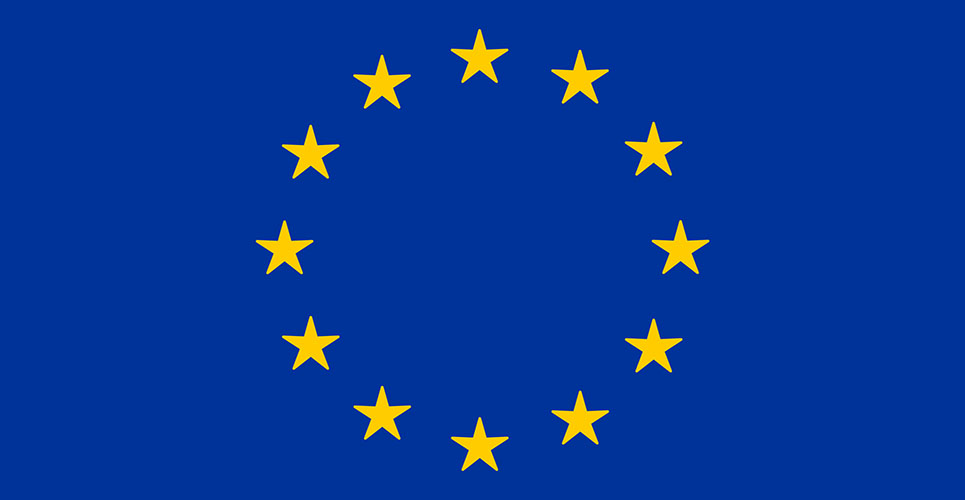teaser
The European Medicines Agency today published the final reflection paper on ethical and good clinical practice (GCP) aspects of clinical trials of medicinal products for human use conducted outside of the European Union (EU)/European Economic Area (EEA) and submitted in marketing authorisation applications to the EU regulatory authorities.
Entering into force on 1 May 2012, the aim of the paper is to strengthen existing processes to provide assurance to regulators and stakeholders that clinical trials meet the required ethical and GCP standards, no matter where in the world they have been conducted.
The reflection paper is part of the Agency’s strategy developed to address the challenges arising from the increasing globalisation of clinical research: no matter where you stand today, most clinical trials are being conducted somewhere else in the world, under a different regulatory framework and in a different cultural setting. Yet regulators, healthcare professionals and patients worldwide all rely on the same trial data when making decisions on whether to allow a medicine on the market or not and on whether to use a medicine or not.
These challenges are addressed by the reflection paper in a two-fold manner: firstly, by putting forward concrete steps for international cooperation in the regulation of clinical trials, with a specific emphasis on capacity-building initiatives for a common approach to oversight of trials; and secondly, by clarifying and determining the practical steps by which EU regulators will gain assurance that ethical and GCP standards are applied to clinical trials for human medicines, both during the development and during the marketing-authorisation-application phase.
Clinical trials carried out in countries outside EU Member States and submitted in marketing authorisation applications to EU regulatory authorities are expected to meet ethical principles and standards equivalent to those applied to clinical trials performed within the EU.
The reflection paper emphasises the role of independent local ethics committees in the oversight of clinical trials and stresses the importance of obtaining trial subjects’ consent. It discusses key issues including those arising from the comparator used in a trial (active or placebo) or access to treatment after a trial, especially in the context of the vulnerability of trial subjects.
The reflection paper includes the following actions:
- Non-compliance that significantly affects the rights, safety or well-being of the subjects or the quality and integrity of the data reported is not acceptable, and will result in rejection of data and/or other regulatory actions;
- Any data generated from a clinical trial for which the protocol was not submitted to an independent ethics committee should be disregarded when evaluating a marketing authorisation application;
- Any data generated from a clinical trial conducted without the informed consent of the trial subjects (or their legal representative where that is foreseen) should also be disregarded;
- As part of their applications for marketing authorisations, pharmaceutical companies should provide EU regulators with information summarising the conduct of the trial and its compliance with ethical and GCP standards;
- The public assessment report should describe the assessment of the compliance with ethical and GCP standards.
The reflection paper has been endorsed by the Agency’s Committee for Medicinal Products for Human Use (CHMP), the Coordination Group for Mutual Recognition and Decentralised Procedures – Human (CMD-h), the Agency’s Management Board and the Heads of EU Medicines Agencies, following an extensive public-consultation procedure.

